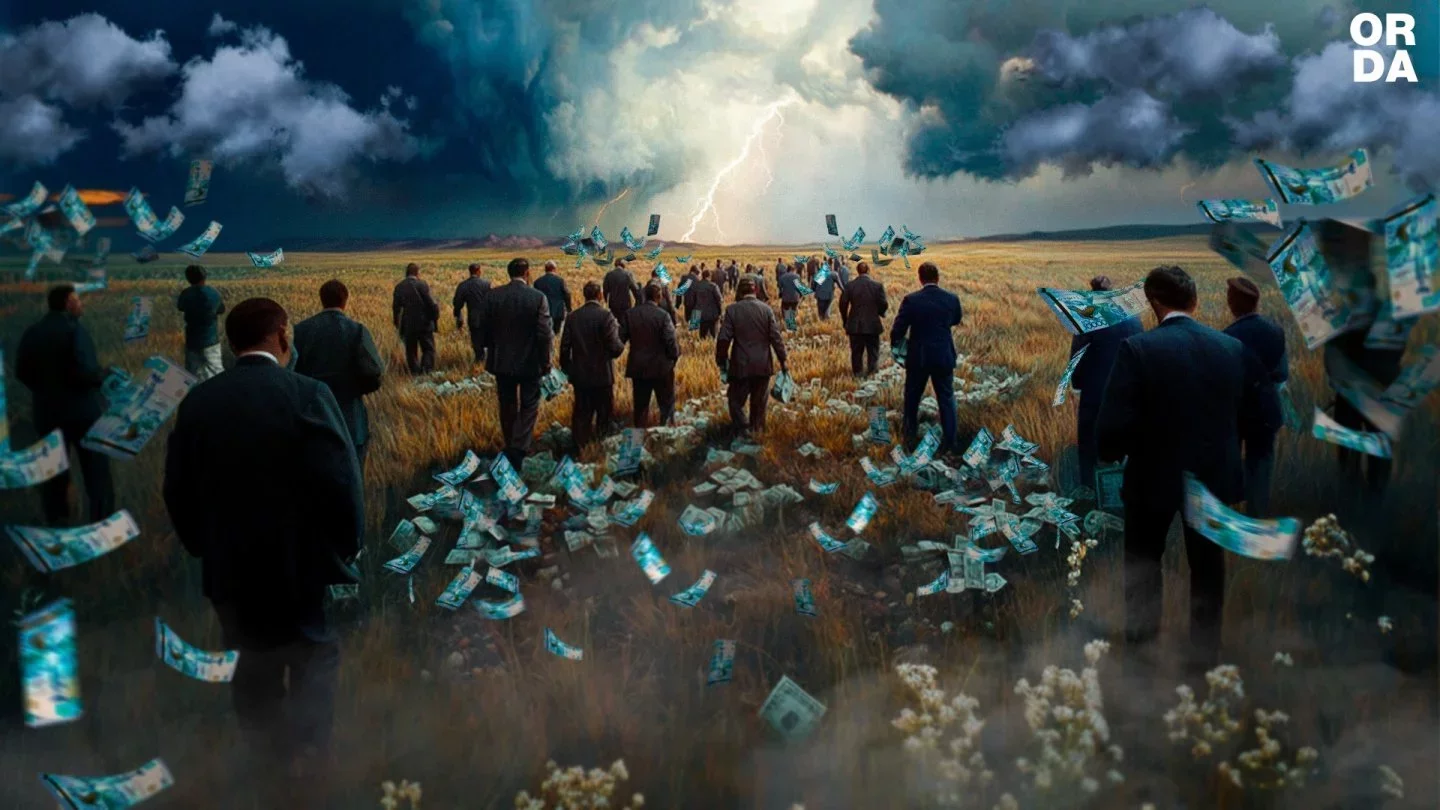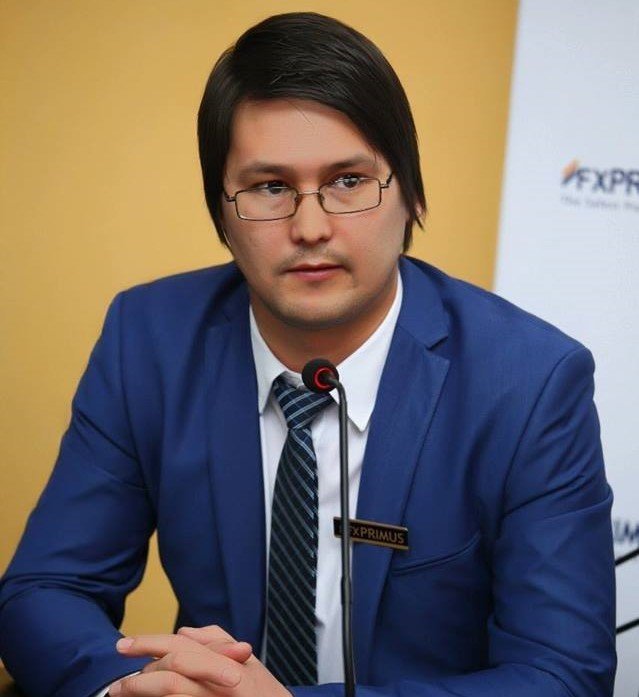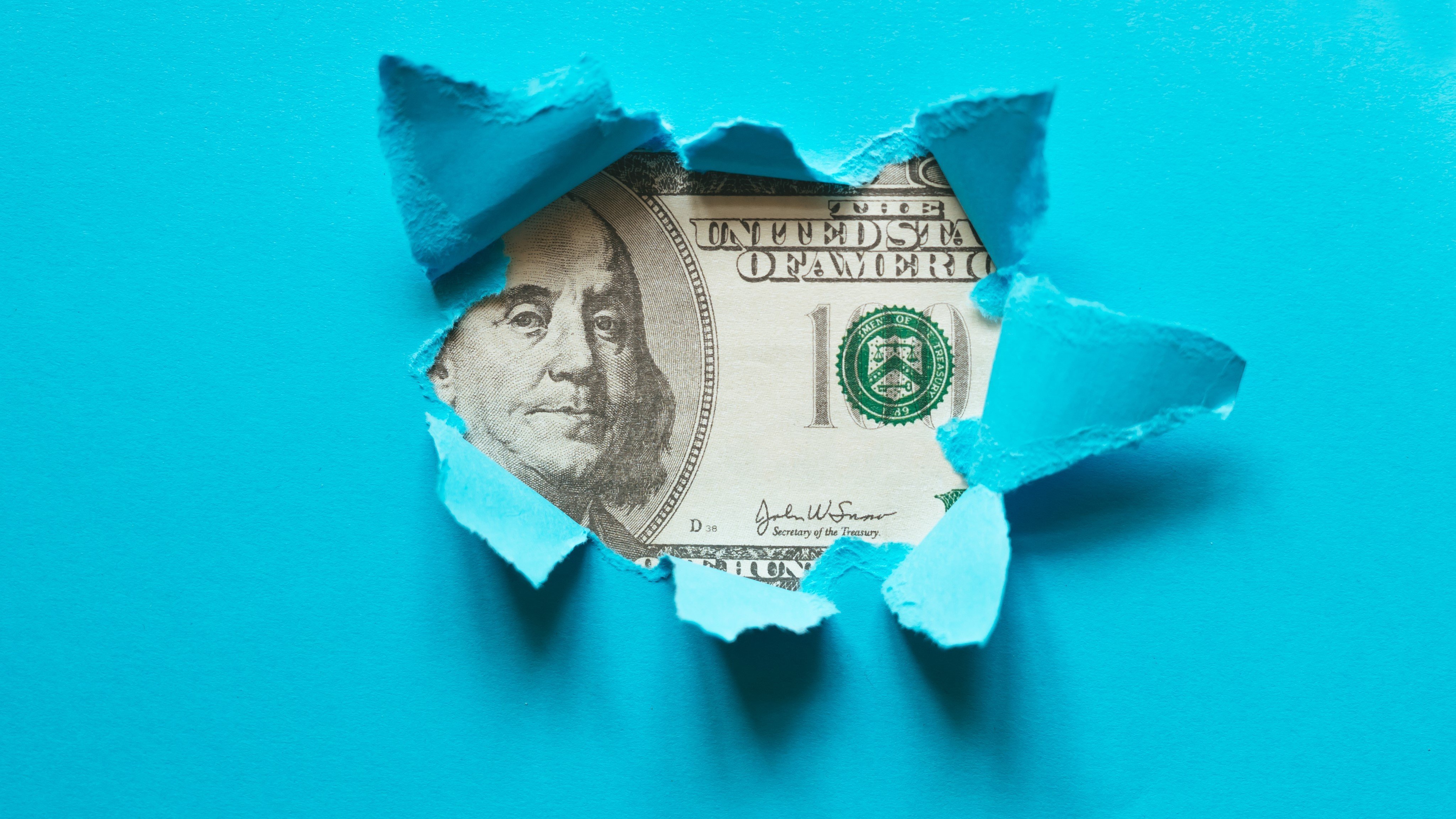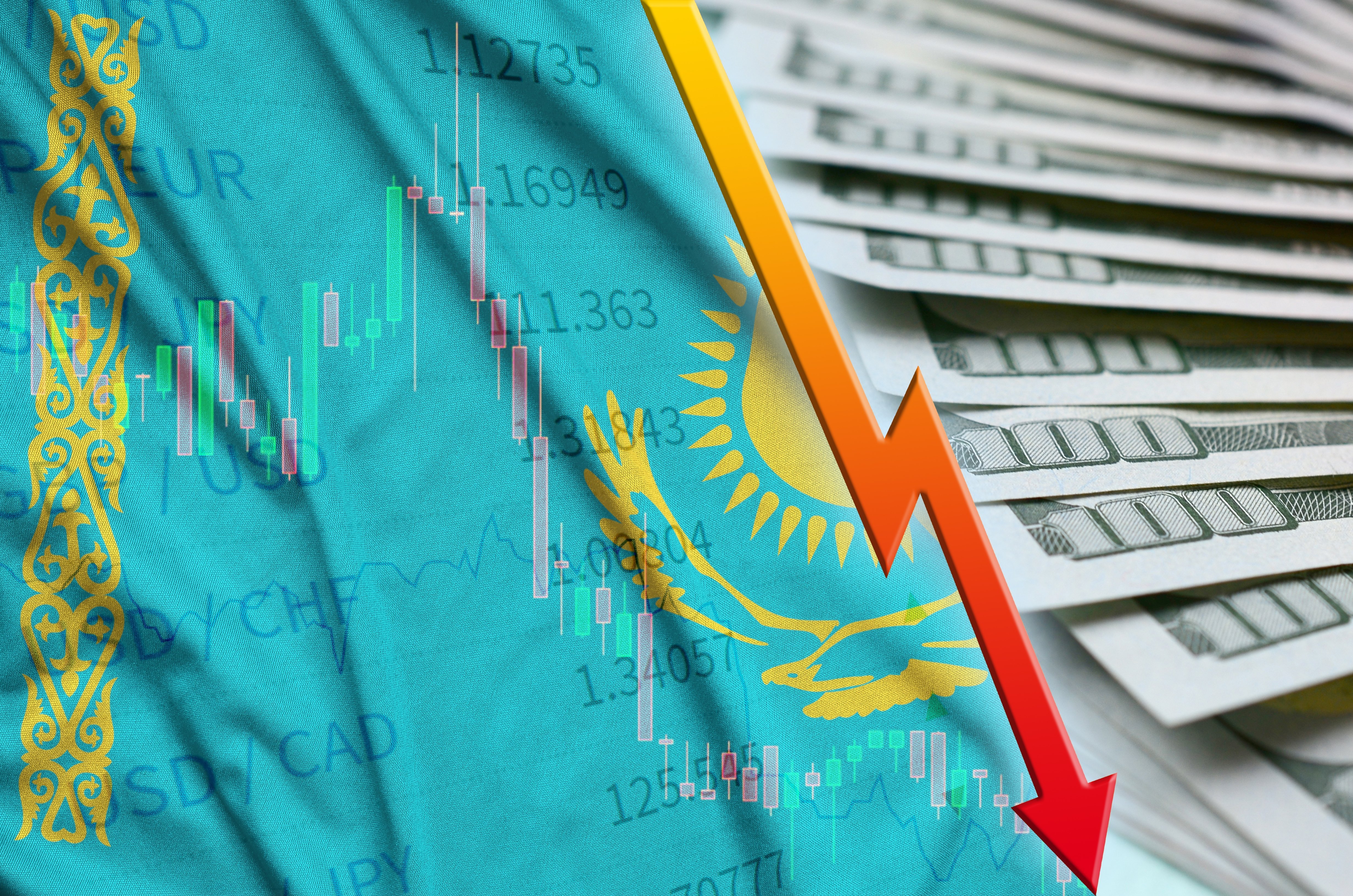What Awaits Kazakhstan's Economy in 2025
 Collage Orda.kz
Collage Orda.kz
In 2024, Kazakhstanis have frequently seen the term budget crisis. Experts have already agreed: state finances are far less than satisfactory, and multi-billion dollar injections from the National Fund have yet to bring the budget around.
Economist Arman Beisembayev has explained the economy's current state, how to handle the budget crisis, why Kazakhstan is selling gold, and whether the dollar exchange rate will hit 600 tenge.

What is the current situation of Kazakhstan’s economy?
— The situation is quite alarming, critical. We are in a state of budget crisis; it is no secret anymore — all experts are talking about it. The budget deficit is expanding because budget expenditures are growing faster than our economy, and it is unclear how to control it. This deficit is financed via the National Fund, but this is not even the biggest issue.
What is then?
— The main problem is that there is an ever-increasing shortage of finances. And financing is already being provided through frameworks such as purchasing Kazatomprom shares and so on. Transfers from one end to another are beginning — some assets of the National Fund will then turn into gold and foreign exchange reserves of the National Bank.
Why did the National Bank start selling dollars directly from the gold and foreign exchange reserves?
— The funds for purchasing Kazatomprom shares were not allocated directly from the National Fund. The foreign currency assets were pulled out of the National Fund, transferred to gold and foreign exchange reserves, and Kazatomprom was purchased with them. That is, the shares went to the National Fund, and the money was transferred not to Kazatomprom but to the gold and foreign exchange reserves of the National Bank, from where the National Bank has already begun to sell them on the market — evenly, so as not to interfere much with currency trading. And this money has already entered the budget. This is a workaround. So, in fact, there was no sale of gold and foreign exchange reserves, but a transactional exchange.

Roughly speaking, from one pocket to another?
— You could say that. The point is that there were no actual sales from gold and foreign exchange reserves to replenish the budget.
And what about the gold the National Bank was actively selling in July? Why was the whole world buying gold at a price peak, but Kazakhstan sold?
— It’s not that they are not needed. The portfolio has been switched up. Gold has a specific share in this portfolio, in gold and foreign exchange reserves. Gold itself, no matter how many tons there are, has no value until it is converted into money. Gold is a commodity. Yes, it has its own intrinsic value, and all countries are trying to buy it. This situation changed about four years ago, but for the previous 15 years, many countries were selling gold, while Kazakhstan, on the contrary, was amassing it. Now, it’s the other way around. It’s incorrect to say that Kazakhstan has been selling off gold.
What is the correct name for it, then?
— This is the so-called portfolio allocation. A portfolio has a specific volume of different assets: bonds, stocks, dollars, and so on. And the task is to hold these assets in certain proportions — for example, you hold 70% in bonds, 20% in stocks, and 10% in gold. But the portfolio is revalued. If certain assets in this portfolio have increased in price, then their share in monetary terms has increased. To maintain these proportions, the part of the portfolio that has increased in price must be sold.

So Kazakhstan is selling gold while its price is rising?
— Gold is currently at its peak — just a couple of days ago, a record price of $2,600 per troy ounce was recorded. There are already estimates that gold prices will rise to three to four thousand dollars in the future. Gold is becoming more expensive, and its currency revaluation leads to its share in the portfolio growing. To return this share to the standard that the National Bank is obliged to maintain, part of it must be sold, to get rid of the surplus. Let's assume that gold becomes cheaper tomorrow — this means that its share in the portfolio will decrease, and the National Bank will start repurchasing this gold.
This was strange as other countries rushed to buy gold.
— Other countries were selling gold before! Canada, for example, had no gold reserves at all. Over the past two years, it has returned to the market and started buying it. Now, both Canada and other countries are buying gold because they fear a crisis. Geopolitical risks are coming; the world is fragmenting into economic zones. We are seeing this right now. Russia has been cut off from Europe — it is shifting toward China. China has also been cut off from the American market; it is looking for new options. Many countries have realized that they need to increase the role of gold in their gold and foreign exchange assets. This is insurance against some terrible event — God forbid, some war tomorrow. Gold itself would have no value, but it can be sold and converted into money.
Is there a risk that gold mined in Kazakhstan will be sold?
— Almost all gold mined in Kazakhstan is bought by the state, and it cannot be exported from the country. Only relatively recently were banks and exchangers allowed to sell gold. This was a minor market liberalization, and before that, all gold mined in the country went to the state, was put aside, and kept. Four tons from the reserve were sold only because gold became more expensive.
Let's return to the National Fund. Is there a risk now that the method by which transfers from the National Fund are regularly used to plug holes in the budget will fail?
— Yes, there is such a risk. This method will fall apart sooner or later. It is not by chance that the budget crisis is called that — the budget deficit is growing. Last year, the deficit was five trillion tenge. To cover it, all revenues and all investment income were scrapped out of the National Fund to zero.
This is despite the goal of increasing the National Fund’s assets to 100 billion dollars by 2030.
So, the National Fund is being replenished! The National Fund assets allegedly already have 60 billion dollars, and there were 57. At a minimum, we fell to about 55 billion, so we saved up. But you need to understand one thing: this is not actual money; these are certain assets. The National Fund is not stashed away in chests somewhere. This is money that was invested in shares and bonds and used to buy the same gold, the same Kazatomprom.

And the value of these assets can change a thousand times over.
— Naturally! If the value of shares falls, then the National Fund will become smaller. And if these shares continue to grow, the value will be reassessed — and the National Fund will no longer have 60 billion dollars, but 62, for example. But in fact, this is not money yet. Of course, there are foreign currency assets there; something is stored in dollars. This dollar part is sold.
Let's take Kazatomprom: to buy its shares, they pulled out almost a billion from the foreign currency part, transferred it to gold and foreign exchange reserves, and from there, the National Bank began to slowly and evenly sell this money on the market, converting it into tenge. The shares of Kazatomprom went into the national fund's assets. Roughly speaking, a billion dollars went out - and the shares for the same billion went back. In fact, the National Fund did not decrease by this billion. These shares, if necessary, can be converted back into foreign currency assets.
Do Kazatomprom shares have growth potential?
— Yes. The uranium industry is currently at its peak. Europe is actively considering building nuclear power plants, and China is not far behind. Uranium raw materials are needed. Several years ago, Europe faced a severe energy deficit when it tried to shut down its nuclear power plants and completely switch to renewable energy sources. And European countries quickly realized that nuclear energy is also “green.” Even the Baltics are already thinking about building nuclear power plants because wind turbines and solar panels are, of course, cool and fashionable, but they won’t get you very far. Nuclear energy is promising and stable, although potentially dangerous. So yes, Kazatomprom shares have a chance.
How long will the National Fund's assets last if they continue to patch up the budget?
— In the foreseeable future, with such spending, the National Fund's funds will run out. Sooner or later.

How soon?
— It depends on how the situation develops. Last year, the deficit was five trillion, in 2024 the deficit will either be comparable to last year, or will reach six trillion by the end of the year. The year is not over yet, and we have already spent 94% of the transfers! And there are still three months ahead. Apparently, they will continue to pull money out of the National Fund, and eventually the deficit will even exceed six trillion. For next year, the projected and planned budget deficit is set at around four trillion, but our government has never met these limits, so it may well reach seven or eight trillion.
With such dynamics, the budget deficit in three to four years will be around 20 trillion?
- Just do the math, think about the future, and it will become clear when these 60 billion dollars will turn into nothing. I think they will last for about six years. They will simply run out - and that's it.
What next?
— Then we tighten our belts all the way to our backs. Everyone is already talking about this: we can’t live off this piggy bank, we must learn to either earn or save. One of the two.

Do you think the government has a plan to prevent this from happening?
— Honestly, I don’t think anyone has a plan there. We have gigantic, monstrous problems with strategic planning at the state level. Because the vertical of power is de-professionalized — all more or less good specialists are either not allowed there (and will not be allowed there), or they have been squeezed out. The loyal ones remain. As Dosym Satpayev once said, “They recruited loyalists, but demands are as if they were smart.” While the situation was good — in the 2000s, in the 2010s — any problem could be flooded with money because there was a lot of it. But now, we must economize, plan strategically, and use our brains.
If we imagine that wits are finally used, what are the options for escaping the crisis?
— The most obvious option is to cut expenses. But this is very unpleasant and troublesome because this option involves freezing wages, pensions, and benefits, reducing civil servants and public sector employees. This option has already been partially implemented — we were going to change the calculation method for the minimum wage starting next year, but in the end, they left the minimum wage at 85 thousand tenge and said that this amount will not increase until 2029. The MCI (monthly calculation index - Ed.) is growing, the minimum pension is growing — but the minimum wage was left as is because there are simply no funds to ensure its increase.
How long will it take to recover from the crisis?
— In the next five years, while (and if) we are trying to get out of this situation, nothing good awaits us. That is absolutely certain. The situation is worsening, and we will most likely get out of all this after 2030. I hope so. Maybe.
What I can say for sure is that there will be a failure in 2025. Because one of the solutions to close the budget deficit is an exchange rate devaluation. This is not 500 tenge per dollar or even 600, but much more. So we are waiting.
Original Author: Nikita Drobny
The original article was posted on 20/09/24.
Latest news
- Ukrainian Prime Minister Denys Shmyhal Submits Resignation
- Water Ministry Sends Advisor to Coordinate Water Supply in Turkistan Region
- Toqayev Calls for Accelerated Modernization of Utility Infrastructure
- President Signs Law On New Tax Code
- Farmers in Jetisay Report Water Shortage, Water Ministry Says Irrigation Is Ongoing
- Electricity from Waste: Chinese Investors to Build a Plant in Qaraganda
- Kazakhstan Plans to Finalize Nuclear Plant Project Documentation by 2026
- Armenia Rejects Any Notion of Delegating Control Over Its Territory
- Bektenov’s First Press Conference: Tariffs, VAT, Oil, and More
- Prime Minister Comments on Trade Data Discrepancies Between Kazakhstan and China
- Kazakhstan May Proceed with Independent Construction of Three CHP Plants
- Kazakhstan: Sentences Issued in Terrorism and Extremism Cases
- Kazakhstan Plans Financial Legislation Reform
- Kazakhstan Sees Increase in Oil, Gas, and Power Production
- Kazakhstan Reports 6.2% Economic Growth in First Half of 2025
- Baiterek Holding to Expand Support for Key Economic Sectors
- Kazakhstan's President Dismisses Deputy Defense Minister and Air Force Commander
- First Day of Perizat Kairat Trial Held
- Boris Akunin Sentenced to 14 Years in Absentia by Moscow Military Court
- 50 Days: US Could Impose “Very Severe Tariffs” on Russia and Its Trading Partners

